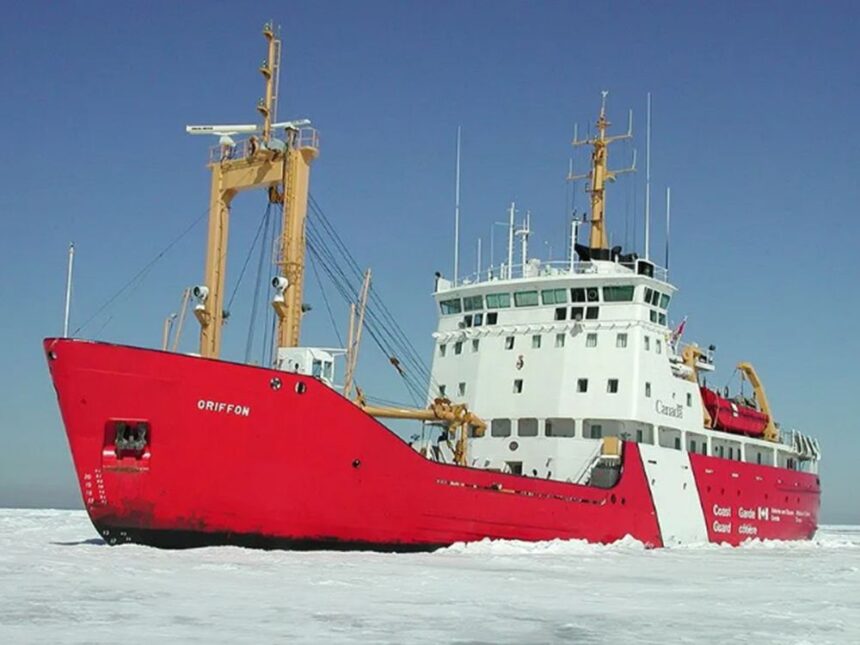In a significant shift that could fundamentally transform Canada’s maritime security landscape, the federal government is actively considering proposals to arm Canadian Coast Guard vessels. This potential militarization comes amid growing concerns over Arctic sovereignty, increasing international tensions, and emerging threats in Canadian waters that have prompted a reassessment of the Coast Guard’s traditionally non-military mandate.
Multiple sources familiar with the discussions have confirmed that senior officials within the Department of Fisheries and Oceans and the Coast Guard are evaluating options that would see Coast Guard ships equipped with defensive weaponry for the first time in the organization’s history. This deliberation represents a profound departure from Canada’s longstanding approach to maritime security, where armed operations have been the exclusive domain of the Royal Canadian Navy.
“The maritime security environment is evolving rapidly, particularly in the Arctic where we’re seeing unprecedented interest from foreign powers,” explained Rear Admiral (Ret.) James Thompson, former naval commander and maritime security analyst. “What we’re witnessing is a necessary response to changing geopolitical realities where the lines between safety operations and security concerns have become increasingly blurred.”
The proposal under consideration would initially arm select Coast Guard vessels with defensive weapons systems while providing crew members with specialized training in their operation. According to government documents obtained through access to information requests, the estimated cost for the initial phase could exceed $175 million over five years.
Proponents within Canadian political circles argue that this evolution is long overdue. Canada remains an outlier among G7 nations, most of which maintain armed coast guard capabilities. The United States Coast Guard, for instance, operates as a branch of the armed forces with significant defensive and interdiction capabilities.
“Our Coast Guard currently lacks the tools to respond effectively to scenarios like aggressive foreign fishing vessels, smuggling operations, or unauthorized research vessels in Canadian waters,” said Dr. Emily Richards, director of the Centre for Maritime Security Studies at Dalhousie University. “This creates a capability gap that potentially undermines Canadian sovereignty.”
However, the proposal has sparked considerable debate within government ranks. Critics argue that arming the Coast Guard represents mission creep that could undermine its primary humanitarian and environmental protection functions. Others express concern about escalation risks, training requirements, and the significant cost implications during a period of fiscal constraint.
Indigenous communities with traditional territories in coastal regions have also voiced mixed reactions. While some welcome enhanced protection of marine resources, others worry about increased militarization of their ancestral waters without proper consultation.
“Any decision of this magnitude must include meaningful dialogue with First Nations whose relationship with these waters predates Canada itself,” insisted Grand Chief Martha Wilson of the Coastal First Nations Alliance. “These are not just security decisions, but ones that impact our food sovereignty and cultural practices.”
As tensions rise in the Arctic and maritime security challenges multiply along Canada’s extensive coastlines, the Trudeau government faces a complex decision that balances tradition against emerging threats. The outcome will likely reshape Canadian maritime security architecture for decades to come.
As Canadians, we must ask ourselves: In an era of increasing competition for Arctic resources and rising maritime security threats, can we afford to maintain a Coast Guard without the capabilities to assert our sovereignty effectively, or would arming this crucial service fundamentally alter its humanitarian character in ways we might later regret?

























